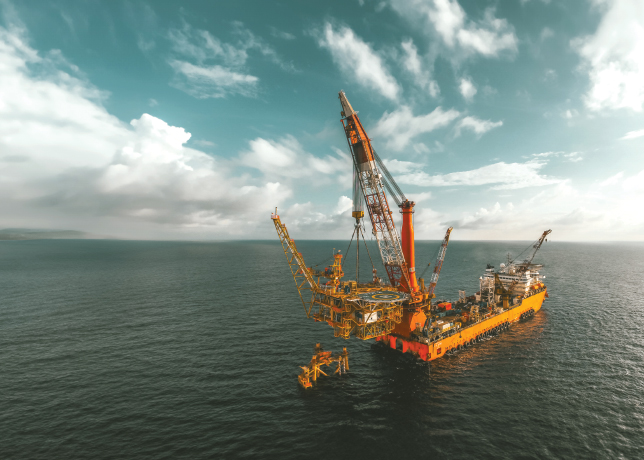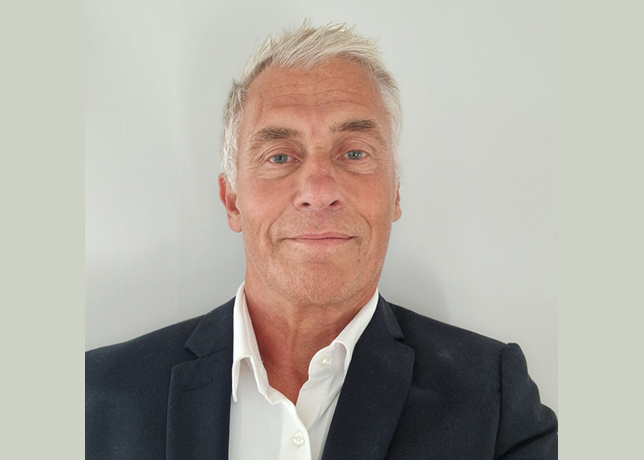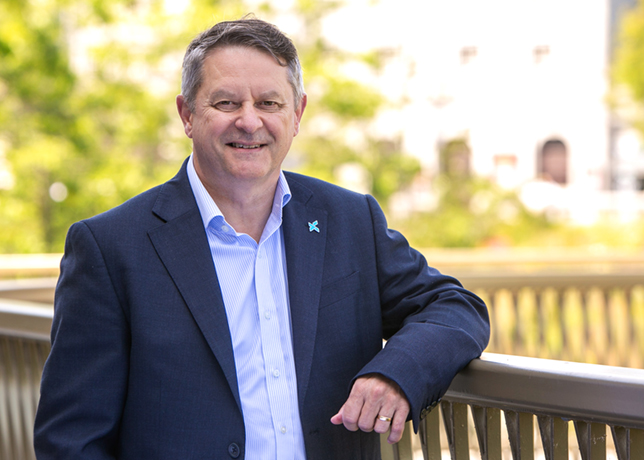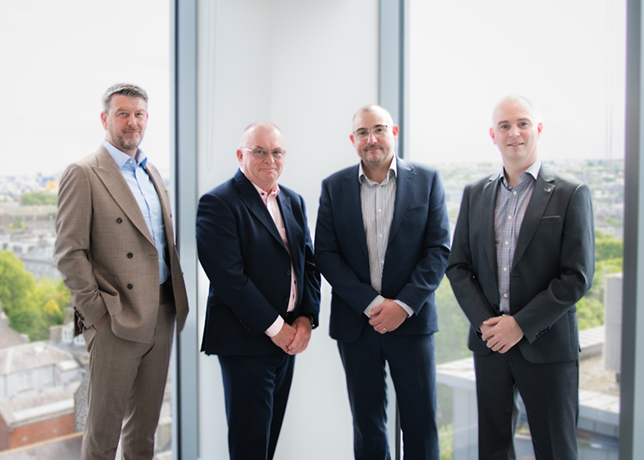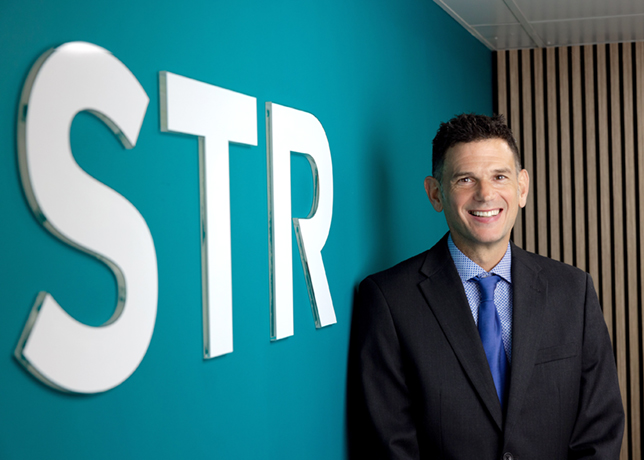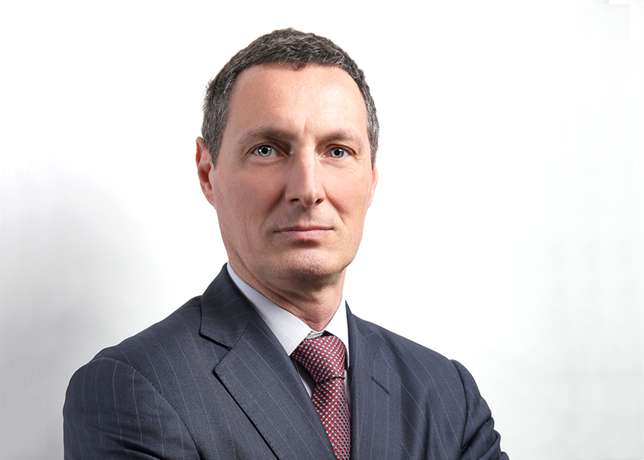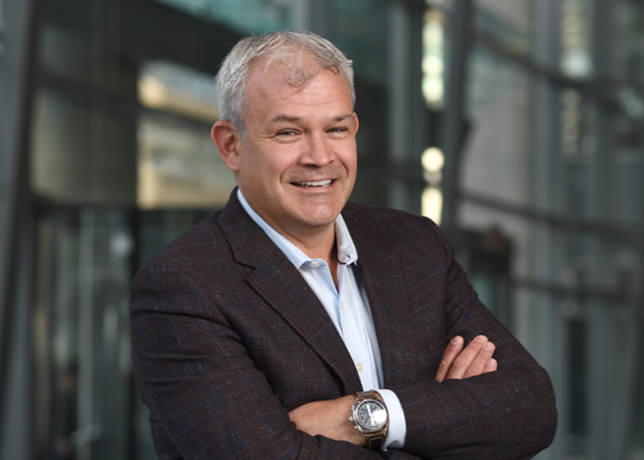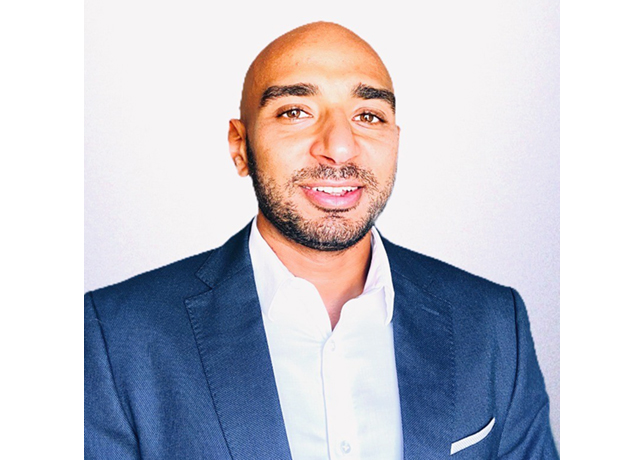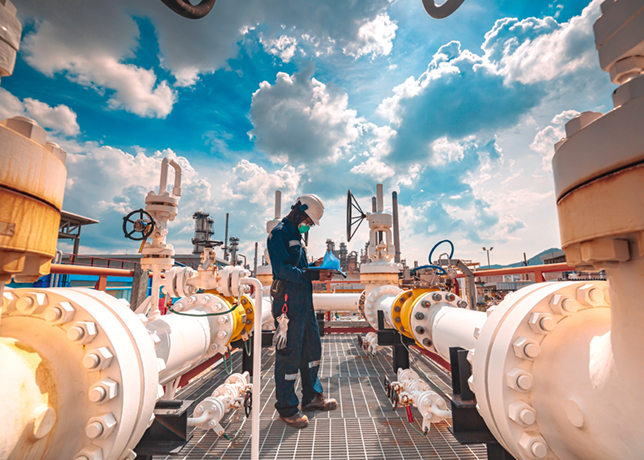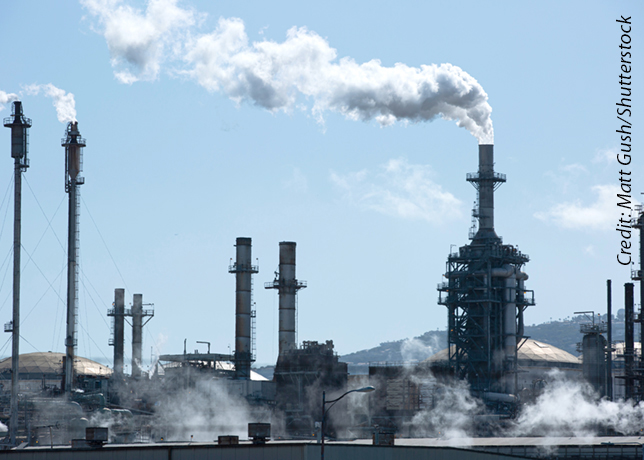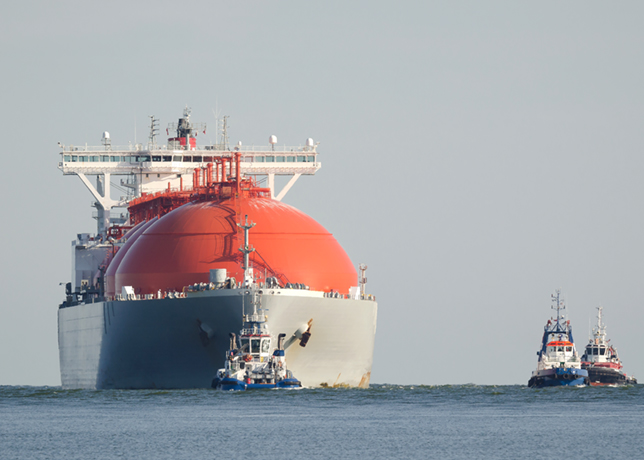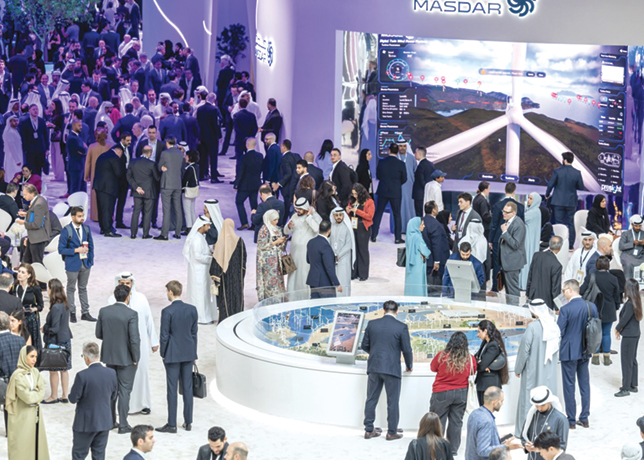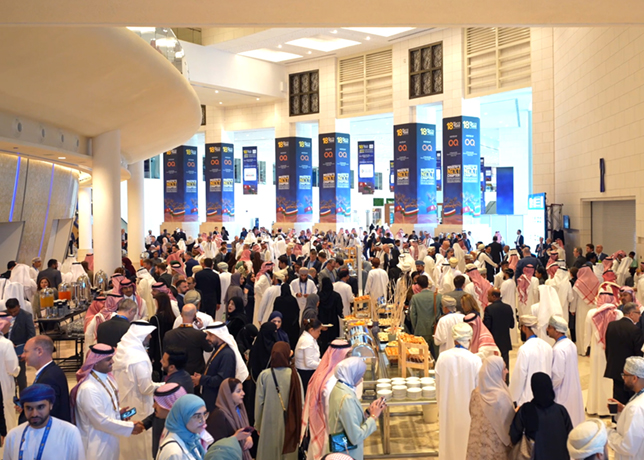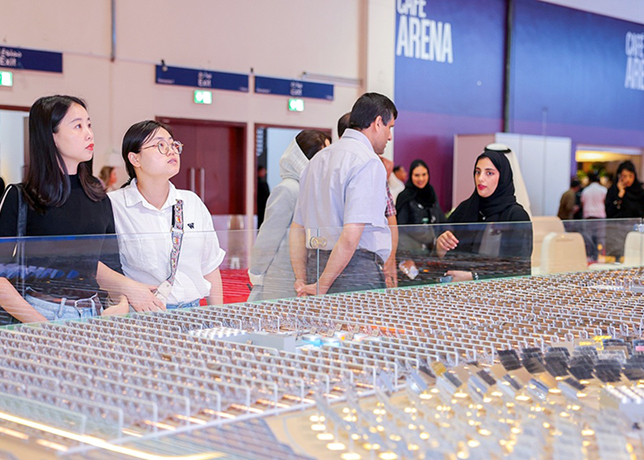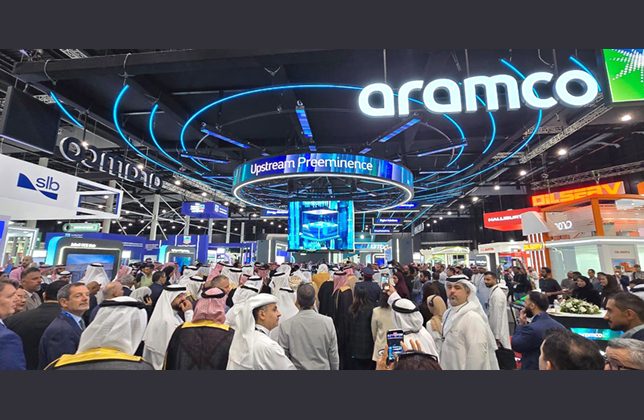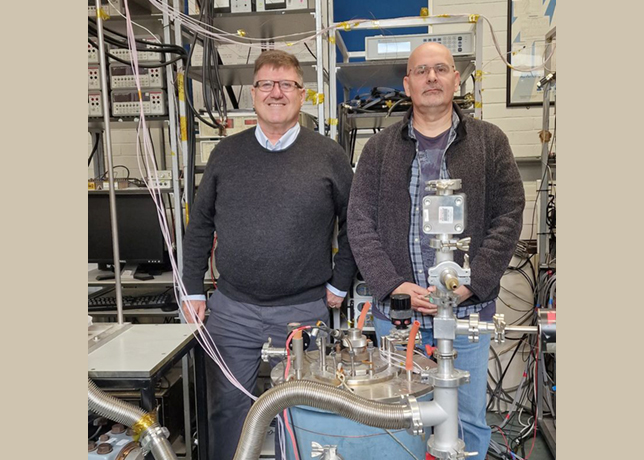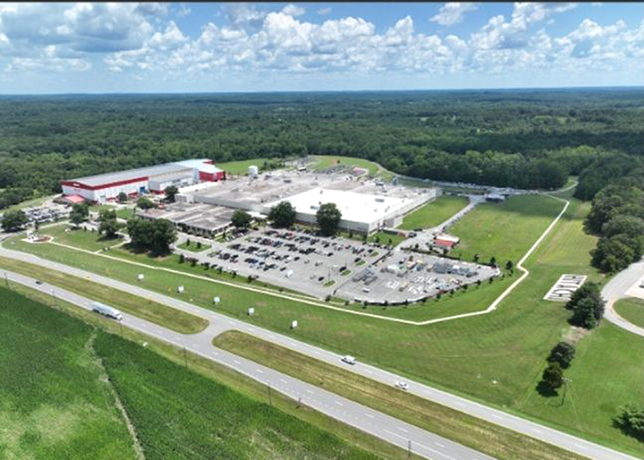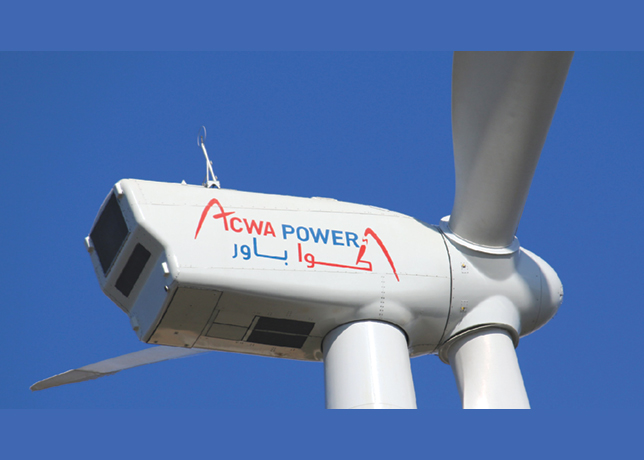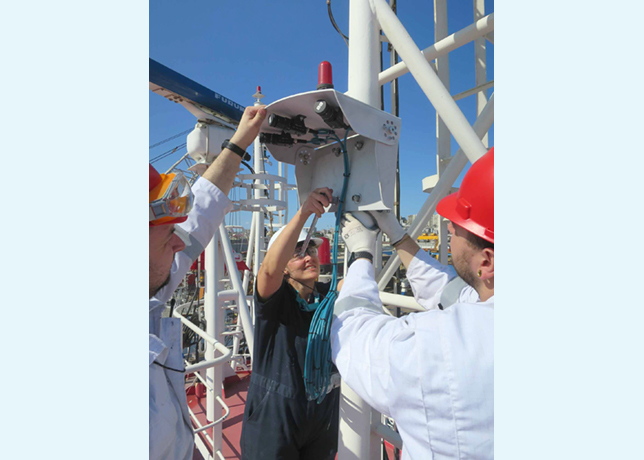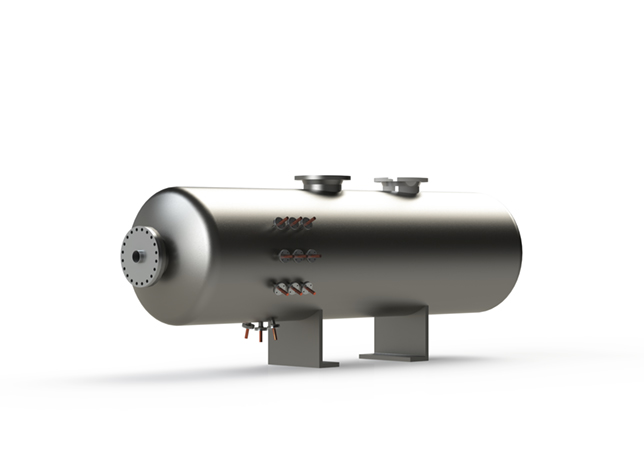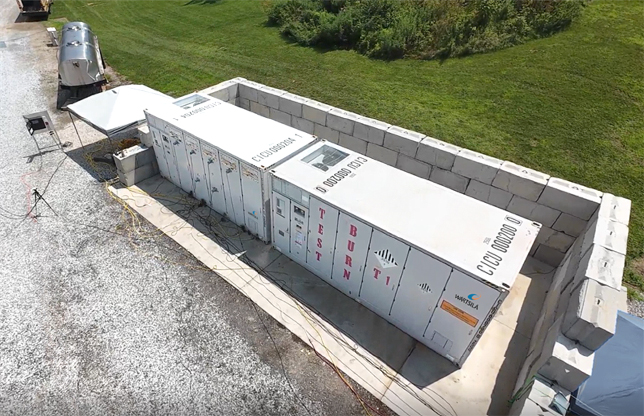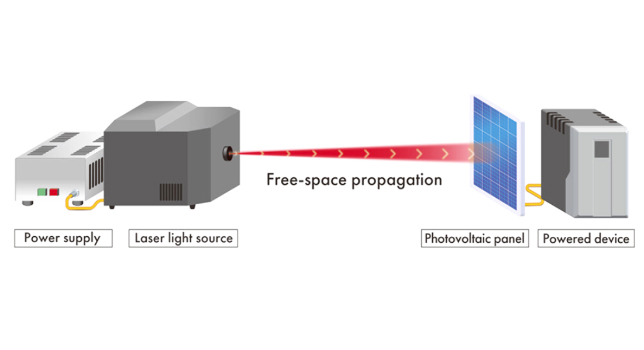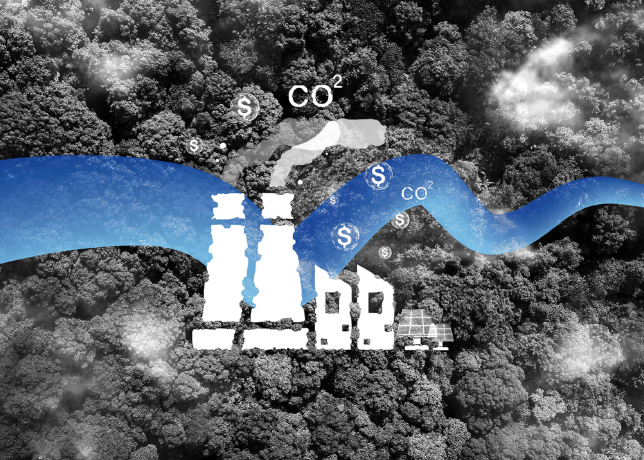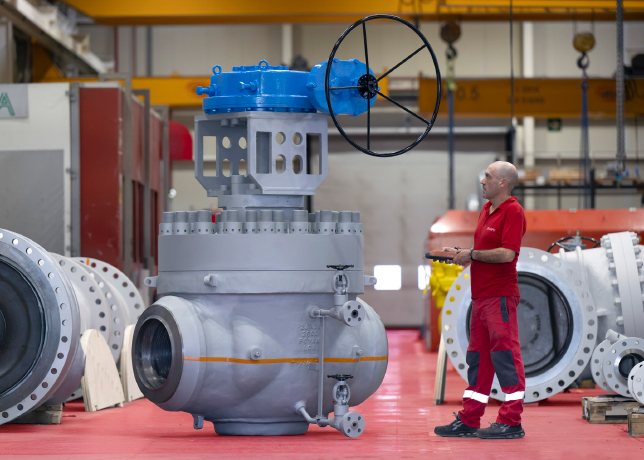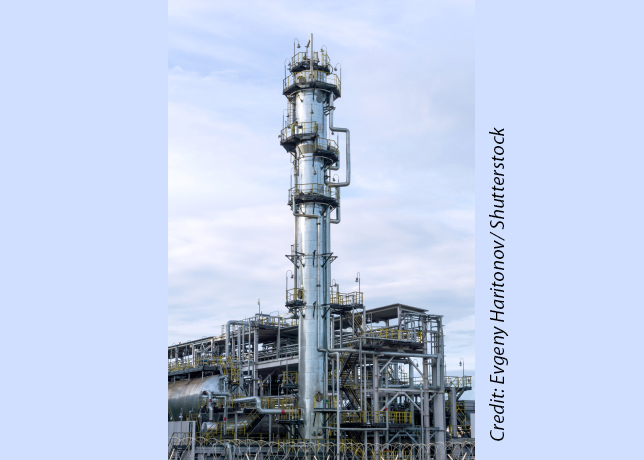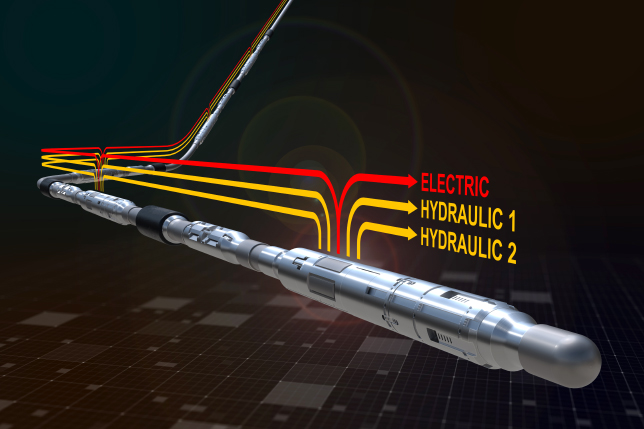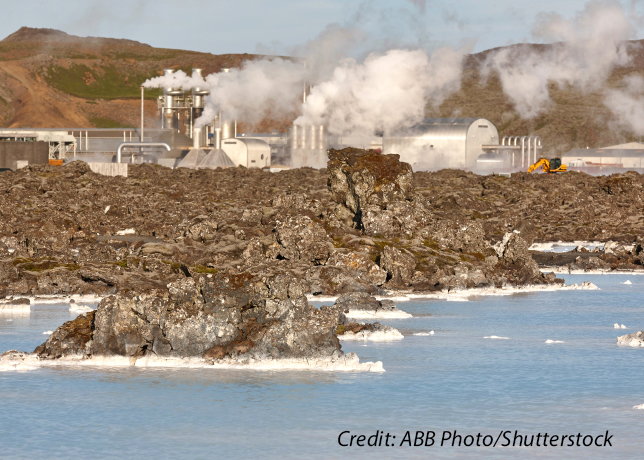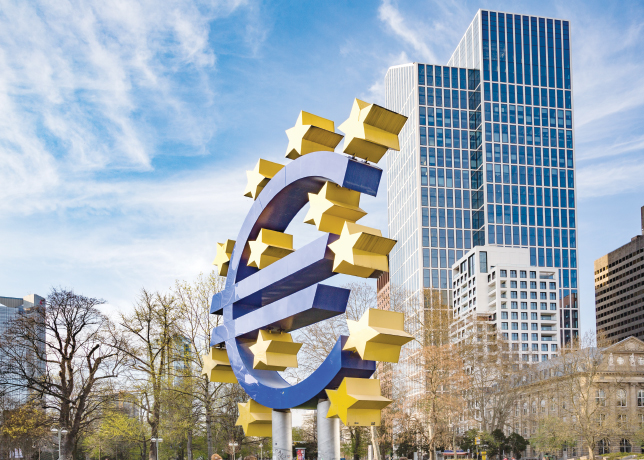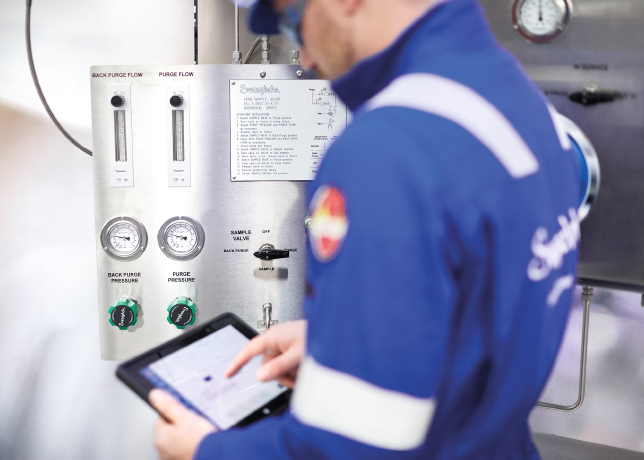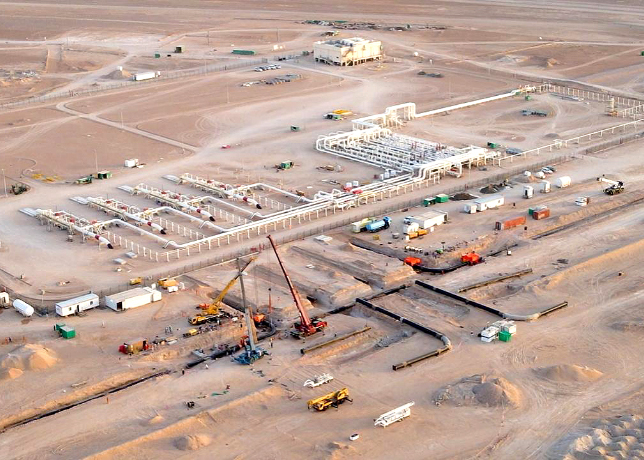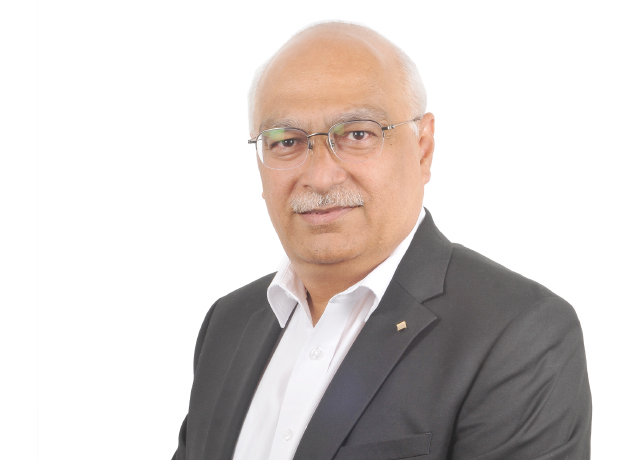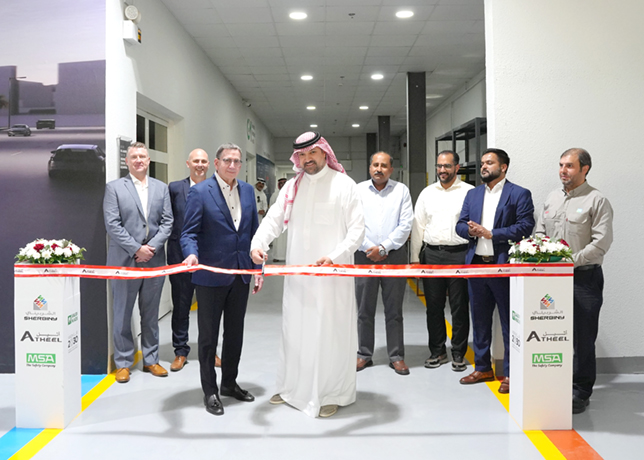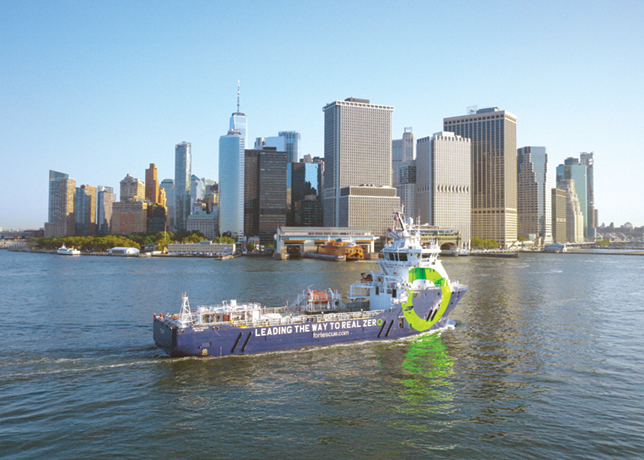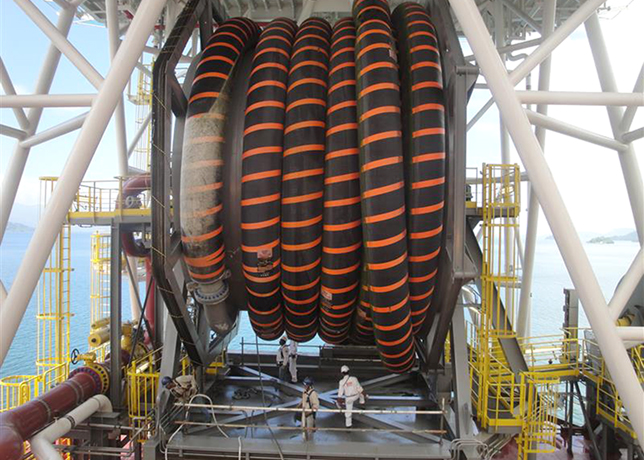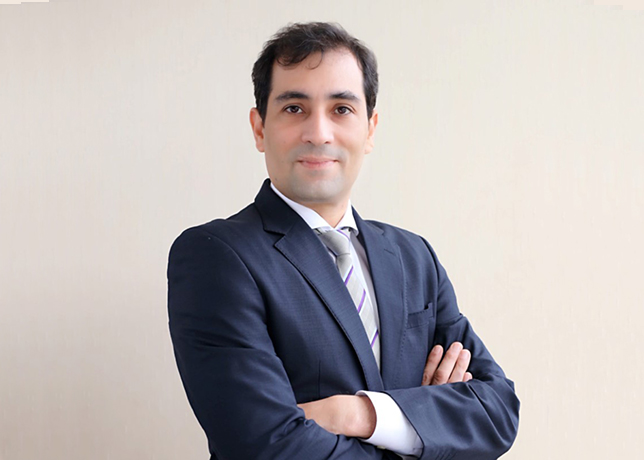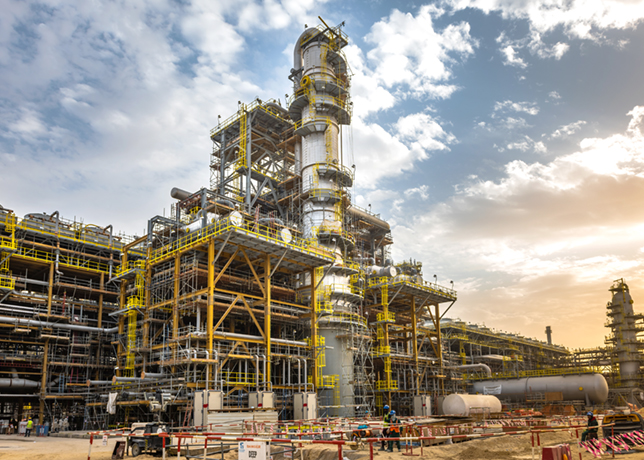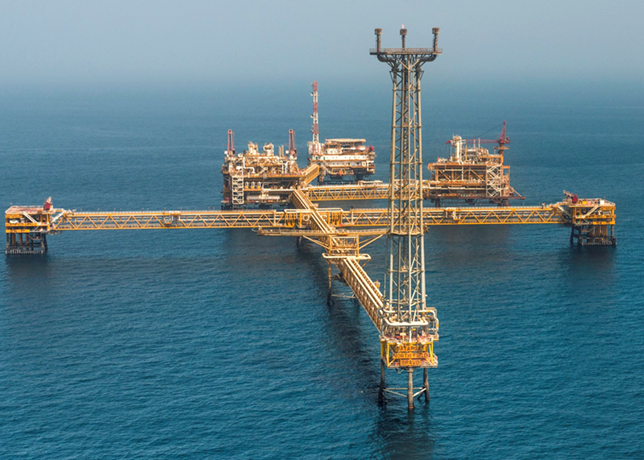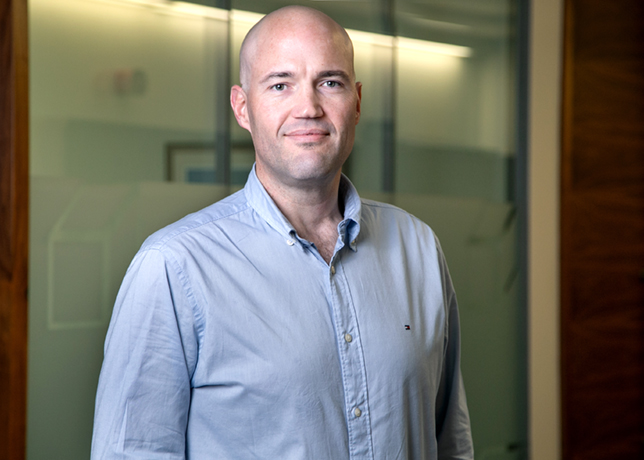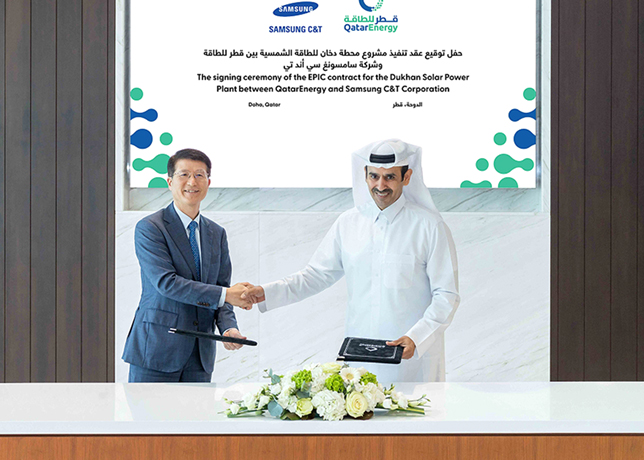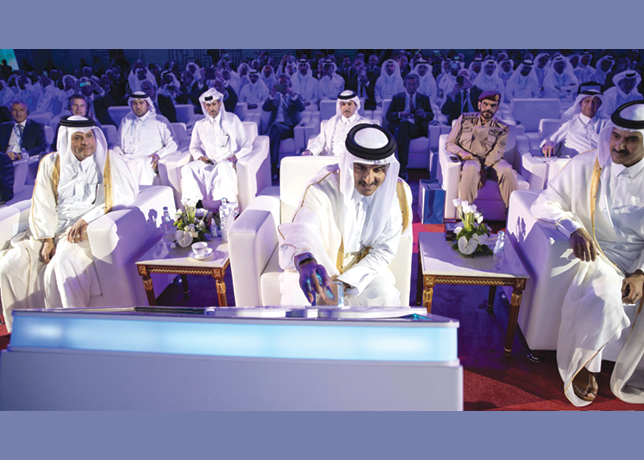
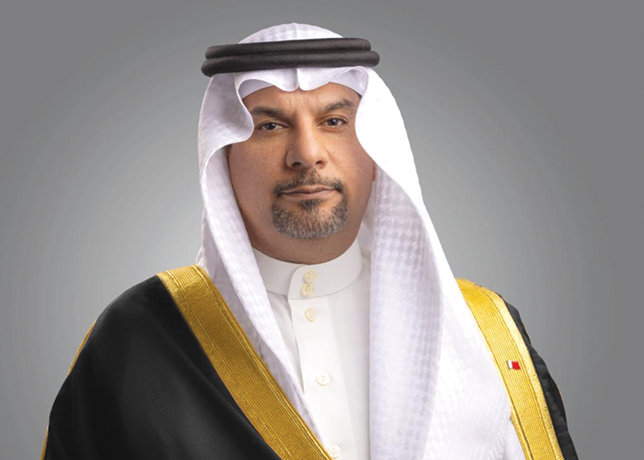 Dr Mohammed bin Mubarak
Dr Mohammed bin Mubarak
AI-driven data centres and electrification would lift global energy demand
Bahrain's Oil and Environment Minister has warned that falling global investment in oil and gas risks undermining energy security just as demand from emerging technologies, including data centres and artificial intelligence (AI), threatens to drive a new surge in consumption.
Speaking in a one-on-one conversation at the MEOS GEO 2025 in Bahrain, Dr Mohammed bin Mubarak Bin Dainah, who is also the Kingdom’s Special Envoy for Climate Affairs, agreed that the world faces a "polycrisis" of energy transition, inflation, geopolitical tension and volatile markets. Despite this turbulence, he underlined that Bahrain remained committed to its target of net-zero emissions by 2050.
"The global market is a total mess," he said, adding that mature oil fields are in decline, exploration activity is limited, and investment in new supply is not keeping pace.
At the same time, he said AI-driven data centres and electrification would lift demand, and that both sides had to be balanced.
DUAL TRACK
The minister said Bahrain had launched a full seismic survey, both onshore and offshore, and the high-resolution 3D mapping was expected to identify both conventional and unconventional reserves and shape future exploration strategies.
Bin Dainah said a joint venture with EOG in unconventional deep gas was already showing promise. "This is a new source that hasn’t been tapped before, and we are quite optimistic. It will help during our transition by reducing domestic gas demand," he noted.
He also referred to Bahrain’s completion of a $7 billion modernisation of its refinery, one of the largest projects in the country’s history.
The facility will process up to 400,000 barrels per day and is being fed via a new pipeline to Saudi Aramco in addition to local production, underscoring regional energy interdependence.
Yet Bin Dainah stressed that without renewed upstream investment worldwide, the outlook was precarious.
He said inflation and high interest rates had choked financing for new oil projects, while exploration budgets remain thin.
Despite these concerns, the minister insisted Bahrain would not dilute its climate commitments.
"We are not backing away from net-zero targets," he said, adding that the Kingdom’s strategy linked emissions reductions to afforestation, mangrove planting, renewables, alternative energy and carbon capture.
He argued that AI could accelerate progress by optimising production, refining and carbon storage, and it can be a catalyst for efficiency and decarbonisation.
"Using AI and our existing data, we can define potential carbon storage locations in the region. With technology and AI, the cost of carbon sequestration and storage will decrease," he said.
Bahrain aims to use nature-based solutions as well as technology to drive down emissions. Its national platform tracks progress across all initiatives as it works towards the net-zero by 2050 deadline.
A FRAGILE BALANCE
Last year, investment in solar surpassed spending on upstream oil and gas for the first time. While this marked a milestone for clean energy, Bin Dainah suggested the pendulum must not swing so far that it compromised supply.
"There is no panic, but this is the most volatile period," he said, adding: "I think every OPEC+ member is working to maintain stability."
The minister also pointed to the inequities of the global transition, warning that people couldn’t be left behind by focusing only on climate change, and suggesting that energy security and affordability must go hand in hand with emissions reduction.
As Bahrain positions itself at the intersection of hydrocarbons and climate diplomacy, its message is one of balance: embrace the transition, but do not neglect the fuels that continue to power the global economy.
By Abdulaziz Khattak




